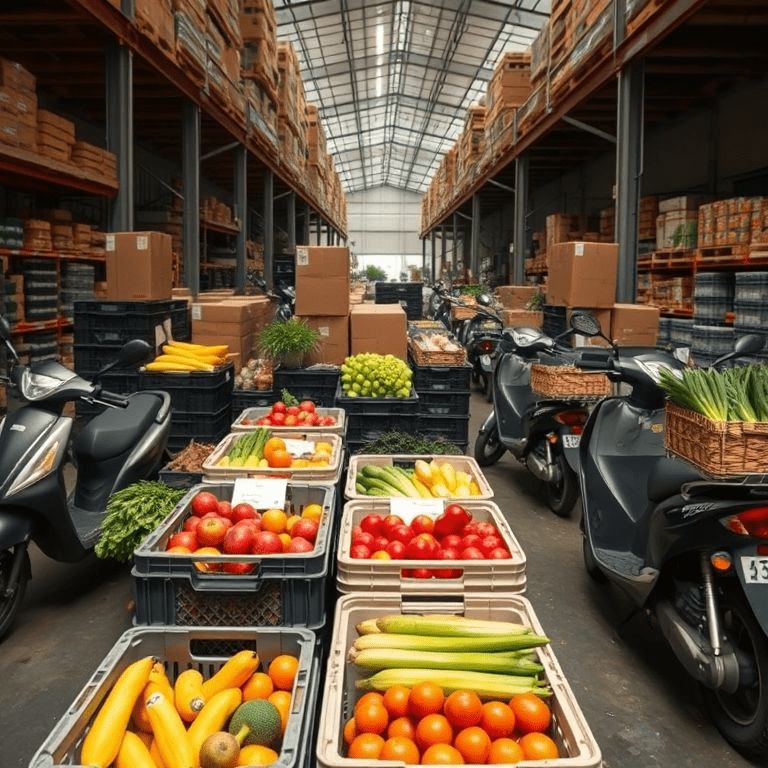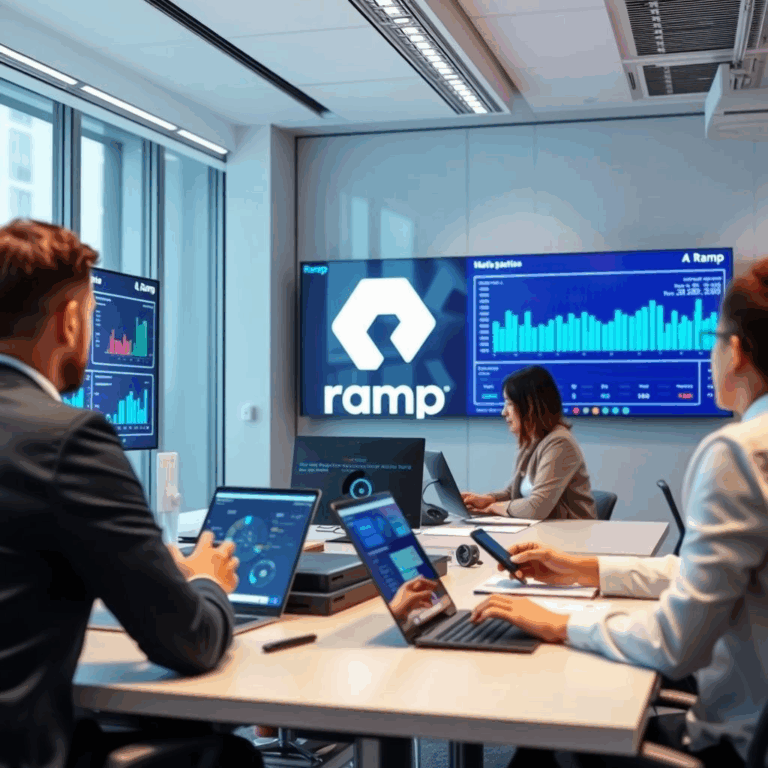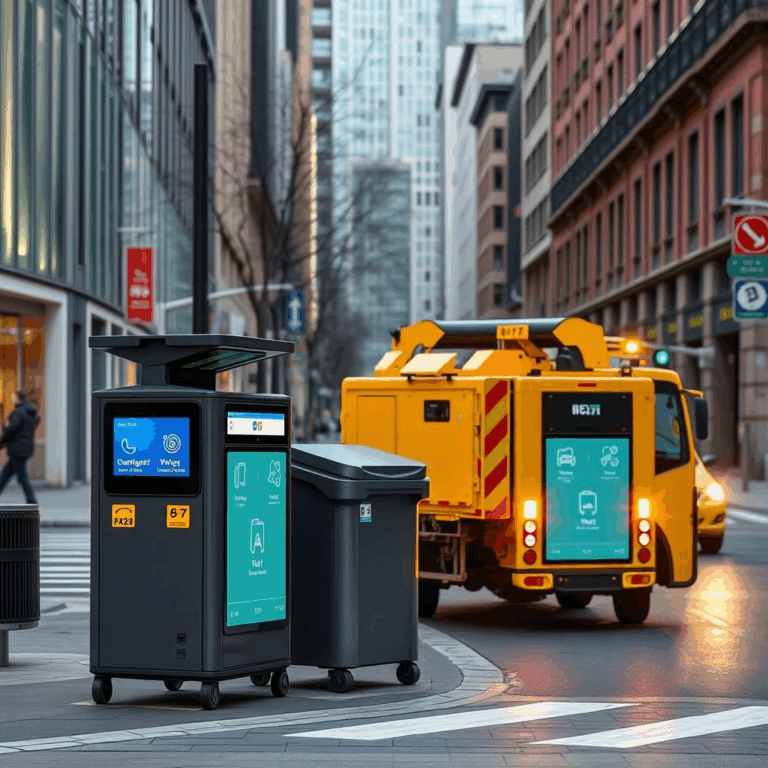Fresh Commerce Funding Fuels Handpickd’s Expansion Ambitions
Introduction: A $15 Million Boost in a Crowded Market
India’s fast-growing grocery delivery market just got a fresh boost with Handpickd raising $15 million in its latest funding round. The move comes at a time when fresh commerce startups are fighting for survival in an environment marked by wafer-thin margins, operational complexity, and intensifying competition from giants like Zepto, Blinkit, and Swiggy Instamart. This fresh commerce funding represents not only a significant capital infusion but also a signal of investor confidence in Handpickd’s unique business model and long-term strategy.
What Is Fresh Commerce?
“Fresh commerce” refers to the digital-first business of delivering fresh produce, dairy, and other perishable essentials directly to consumers. Unlike traditional e-commerce, where goods can sit in warehouses for weeks, fresh commerce is about speed, precision, and quality control.
Challenges in this sector include:
- High perishability – fruits, vegetables, and dairy products spoil quickly.
- Complex supply chains – sourcing directly from farmers, managing cold chains, and ensuring just-in-time delivery.
- Demand forecasting – predicting order volumes with accuracy to reduce wastage.
Fresh commerce funding has become a buzzword because capital is essential for building infrastructure like micro-fulfillment centers, refrigerated supply chains, and AI-driven demand prediction models.
Handpickd’s Journey So Far
Founded with the goal of bridging the gap between farmers, suppliers, and urban consumers, Handpickd carved its niche by promising farm-to-doorstep freshness within tight delivery windows. Unlike some rivals, the company avoided relying solely on dark stores. Instead, it built a hybrid model combining micro-warehousing with local vendor partnerships, which helps in cutting down storage costs and wastage.
With the $15 million fresh commerce funding, Handpickd plans to:
- Expand operations to new tier-2 and tier-3 cities.
- Invest in AI-based freshness scoring algorithms for inventory optimization.
- Strengthen relationships with farmers to secure supply at competitive rates.
- Improve last-mile delivery fleets with electric two-wheelers to cut costs.
The Funding Round: Key Investors and Numbers
The round was led by Bertelsmann India Investments, with contributions from Titan Capital Winners Fund and other existing investors. Industry insiders estimate the post-money valuation to be in the range of $70–80 million, though the startup has not disclosed exact figures.
Investors have increasingly sought exposure to the grocery and fresh commerce sector, which they believe represents long-term recurring consumer demand. Unlike discretionary e-commerce, groceries form part of daily household spending, making the sector resilient even during economic slowdowns.
Market Context: The Fresh Commerce Wars in India
The Indian quick commerce and fresh delivery segment has grown at lightning speed. Zepto recently hit unicorn status, Blinkit was acquired by Zomato, and Swiggy Instamart has scaled aggressively.
But there’s a profitability puzzle:
- Blinkit continues to burn cash despite order growth.
- Zepto is betting on operational efficiency, but break-even is still far.
- BigBasket relies on Tata’s backing to withstand competition.
Handpickd’s funding positions it as a mid-tier challenger, smaller than Zepto but nimble enough to innovate in underserved geographies. Its focus on tier-2 and tier-3 cities could help it avoid head-to-head battles with urban giants while capturing new demand.
Expert Opinions: Why Investors Believe in Fresh Commerce
Industry experts see Handpickd’s fresh commerce funding as a validation of the sector’s potential:
Rohit Bansal, retail analyst:
“Consumers are now expecting the same convenience for fresh groceries that they get for electronics or clothes. Startups like Handpickd can thrive if they nail freshness, affordability, and speed simultaneously.”
Investor Insight from Bertelsmann India:
“Handpickd’s technology stack and scalable operating model convinced us of its ability to take on larger rivals. This funding is about equipping them for the long race, not short-term battles.”
Operational Strategies Post-Funding
Handpickd plans to allocate its fresh commerce funding across four primary areas:
- Technology & AI – Demand forecasting, route optimization, and freshness scoring to minimize wastage.
- Geographic Expansion – Moving beyond metros into smaller towns where competition is lighter.
- Farmer Partnerships – Direct sourcing to reduce middlemen and guarantee freshness.
- Sustainability Push – Adoption of EVs in last-mile delivery and eco-friendly packaging.
Risks & Challenges Ahead
While the funding is promising, risks remain:
- Margin Pressure: Competing with discount-heavy giants may force Handpickd to cut prices.
- Operational Complexity: Scaling cold chain logistics is capital-intensive.
- Consumer Retention: Urban consumers are fickle and tend to switch platforms based on offers.
- Unit Economics: The path to profitability is unclear for most players in the space.
The Road Ahead: Fresh Commerce as the Future of Grocery
The fresh commerce sector is expected to be worth $20–25 billion in India by 2030, according to RedSeer Consulting. With rising disposable incomes and growing smartphone penetration in smaller cities, Handpickd’s strategy could pay off if executed well.
The $15 million fresh commerce funding marks a turning point for the company. The next 18 months will determine if Handpickd can scale efficiently and carve a lasting niche in India’s quick-commerce landscape.






